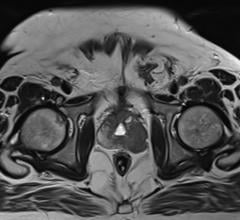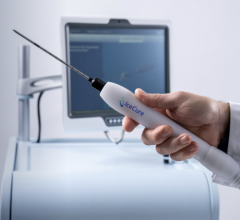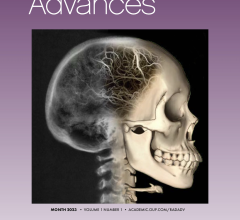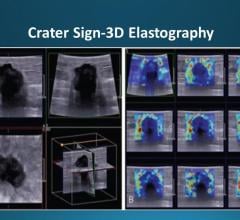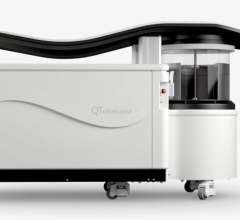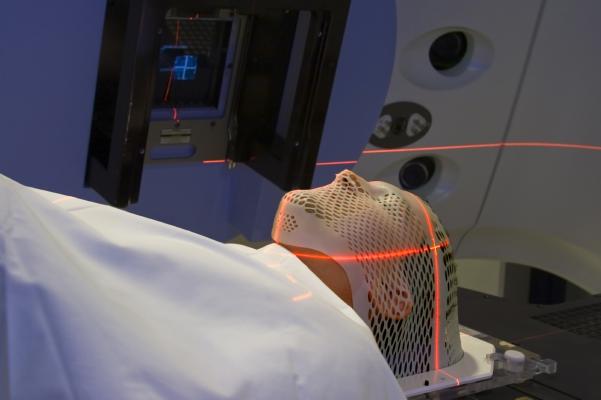
January 20, 2016 — A lengthy review of increasing medical evidence shows that cancer treatments such as chemotherapy and radiation often damage heart vessels and tissues, increasing the risk of later heart disease in cancer survivors. Now an interventional cardiologist from Detroit Medical Center (DMC) who is a co-author of the study is helping efforts to expand a new medical specialty known as “cardioncology.”
The new collaborative specialty, in which heart and cancer doctors form treatment partnerships in order to combat heart disorders and diseases that can erupt years after a surviving cancer patient underwent therapy, has recently been endorsed by such professional organizations as the American College of Cardiology and the American Society of Clinical Oncology.
The new collaborative trend can also be seen in the rapidly growing number of medical fellowships now being awarded for cardioncology studies, along with the recent establishment of the International Cardioncology Society and the launch of a new medical journal dedicated to the fast-growing specialty.
The new study, a massive review of recent U.S. data on how cancer therapies can elevate risks for later cardiovascular disease and heart attack, provides compelling evidence for a significant association between cancer chemotherapy and radiation and diseases of the heart and circulatory system.
“The data in this new study are clear and compelling,” said DMC Heart Hospital Vice President Cindy L. Grines, M.D., who is also a professor of medicine at the Wayne State University School of Medicine. “They show that cancer therapy is a major risk factor for later heart problems. We’ve known all along, of course, that such therapies as chemo and radiation take a toll on heart tissue and blood vessels – but this latest review of the evidence tells us that cancer therapy can be every bit as important [as a risk factor for heart disease] as smoking or high cholesterol.”
The first cardiologist in the United States to insert stem cells into a living heart in order to grow new tissue there, Grines is a co-author of the new “consensus study” by the Society for Cardiac Angiography and Interventions (SCAI). The study found that both chemotherapy and radiation often cause “significant injury to the vasculature [heart and blood vessels], resulting in angina, acute coronary syndromes (ACS), stroke, critical limb ischemia, arrhythmias and heart failure.”
Because the negative impacts on the heart and blood vessels often show up only years after successful cancer therapy, said Grines, cardiologists and heart researchers haven’t been able to collect the data needed to make the connection fully until quite recently.
“During the past 15 years or so – thanks mainly to powerful new drugs and improved radiation technology – we’ve seen survival rates in areas like breast cancer climb to well above 90 percent,” said Grines. “That’s a wonderful improvement for cancer patients, of course . . . but because it has been relatively recent, the data on how chemo and radiation elevate heart disease risk factors hadn’t fully caught up yet.
“But now the numbers are coming in, and this new study really underlines the importance of understanding how cancer therapies are elevating the risks for heart disease and heart attack in surviving cancer patients,” she added.
While pointing to recent data showing that more than 14.5 million Americans are living cancer survivors in 2015, Grines suggested that the rapid growth of cardioncology as a medical specialty is a logical outcome of the new understanding of the links between cancer therapy and later heart disease.
The urgency of the problem, she said, can be found in one particularly revealing finding of the new study, which concluded that, “Given the dynamic state of pharmacotherapy for cancer, with generally dramatic improvements in survival as well as new agents in development (with unclear cardiotoxic properties), it is important that patients are made aware of potential short- and long-term consequences as well as the need to follow up with subspecialists.”
The study then noted that “adult survivors of childhood malignancies with a history of chemoradiation had a 7-fold higher mortality rate, 15-fold increased rate of heart failure, 10-fold higher rates of cardiovascular disease and 9-fold higher rates of stroke compared to their siblings.”
Grines went on to point out that the DMC Heart Hospital is now ramping up its own fast-growing cardioncology program, which is already fully equipped to help screen potential cancer-therapy patients for heart issues that could be affected by chemotherapy or radiation – before such potentially risk-elevating procedures get underway.
“The screening is very important,” she said. “But I also think it’s very important right now for physicians to be aware that cancer patients who’ve had chemotherapy or radiation will often face a significantly elevated risk factor for heart disease. In my view, [cancer treatment] can be every bit as much a risk factor as somebody who’s a heavy smoker, or somebody with severe diabetes.”
For more information: www.dmc.org


 April 17, 2024
April 17, 2024 



